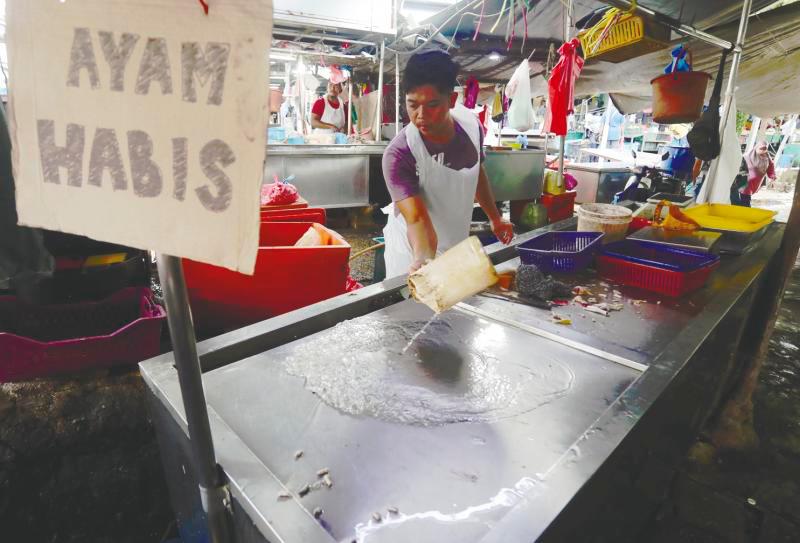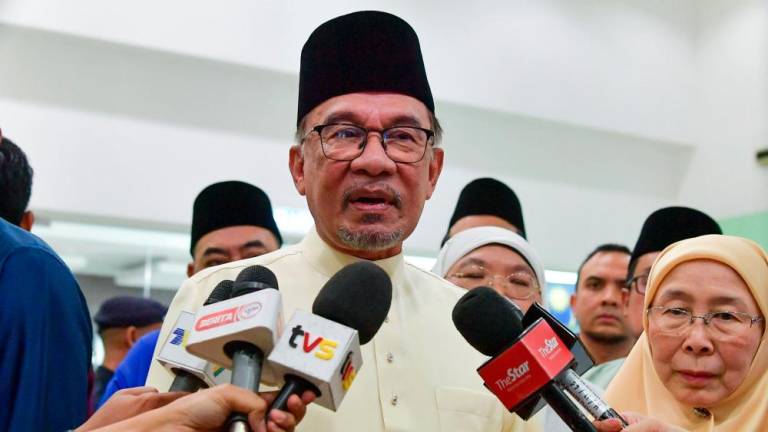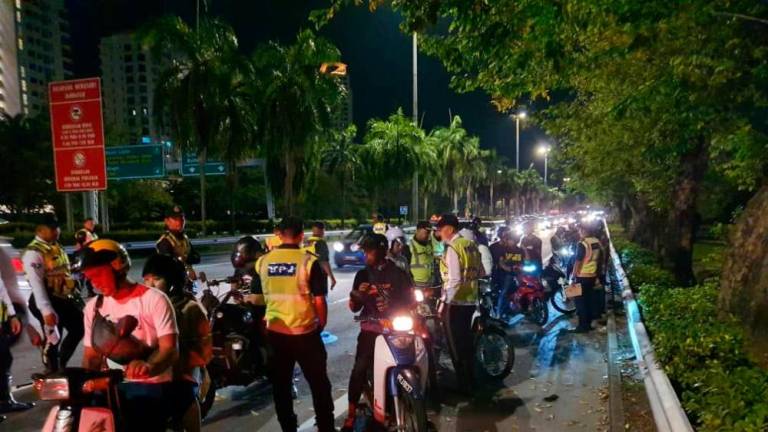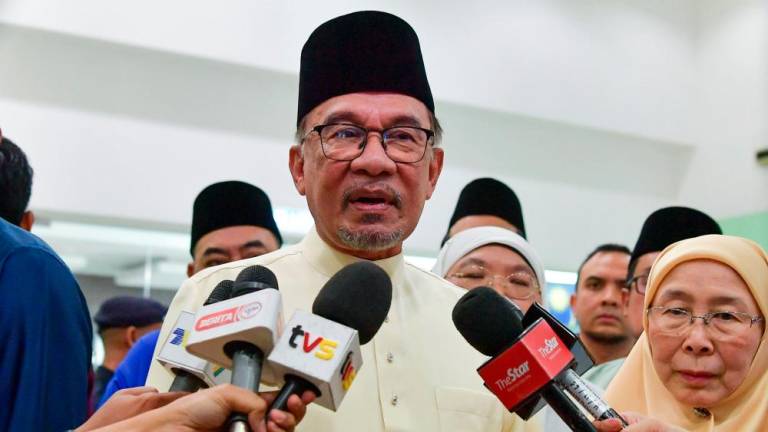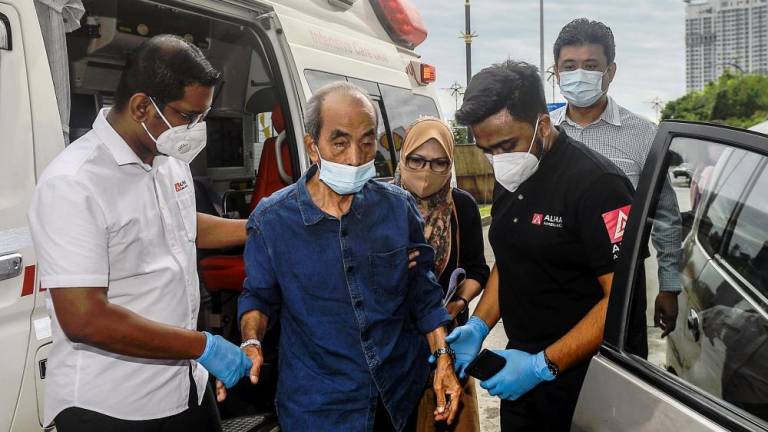PETALING JAYA: A robust change is essential to build a food security safety net for Malaysians, to prevent them from suffering the burden of food shortage, said two economists.
“Introducing a rigorous agriculture-based policy to ensure food security is a priority, and providing new subsidies to farmers are ways to see that Malaysia does not lag in food security,” Tan Sri Ramon Navaratnam told theSun.
“We need to refocus on policies that are agriculture-driven since we have neglected them and focused on the manufacturing industry. The introduction of approved permits made the situation worse, and giving contracts for food production to non-performers has aggravated the issue,” said Ramon, who is chairman of the Centre for Public Policy Studies at the Asian Strategy and Leadership Institute.
He was responding to queries on ways to improve Malaysia’s food security, given that the inflation rate in March was at 2.2%, while food inflation was at 4%.
This is in addition to Malaysia’s dependence on food imports, which in 2020 amounted to a record-setting RM55.5 billion, to meet consumer needs and demand.
He applauded the government’s move to review existing policies as a long-term strategy to reduce the country’s dependence on imports, calling it “a step in the right direction”.
Agriculture and Food Industries Minister Datuk Seri Dr Ronald Kiandee recently said in the Dewan Rakyat that we need to reduce imports that included corn and soybean waste, which are among the components of livestock feed.
Meanwhile, economist Prof Dr Barjoyai Bardai echoed Ramon’s sentiment but added that a short-term strategy is vital to avoid a further surge in food inflation.
“If such a strategy is not in place soon, we will see a surge in import of goods, which is not healthy. It needs to be contained, otherwise, our ringgit will go down, and the import price that is in US dollars will be relatively more expensive.
“We do not want the market to be at the mercy of inflation pressure,” he said, adding that Malaysia can extract Nipah palm instead of importing sugar.
He cited Indonesia’s plan to develop a major farm estate, covering more than 164,000ha in Central Kalimantan as a way forward to prevent a potential food crisis.
“Although we have the Federal Agricultural Marketing Authority and agriculture agencies, we need an action-oriented institution.”
He added that the technology to produce food has not been fully capitalised, although subsidies had been handed out.
“We have not done enough, for instance, every year we produce 70% of the rice eaten locally.
“Our capacity is huge, but we are not using the right technology.”
Barjoyai urged the government to focus on Kedah, Terengganu and Kelantan to ensure that future food supply chain is not disrupted.




